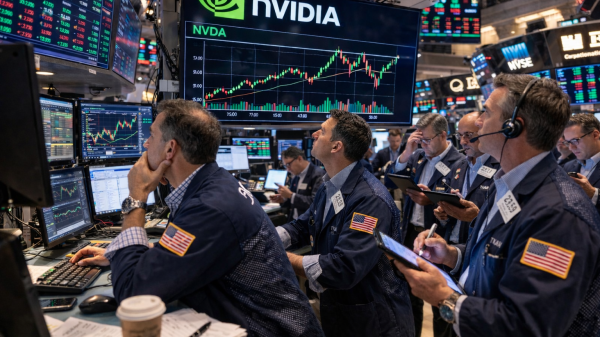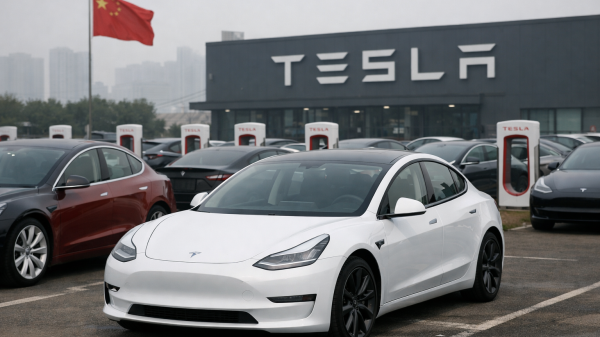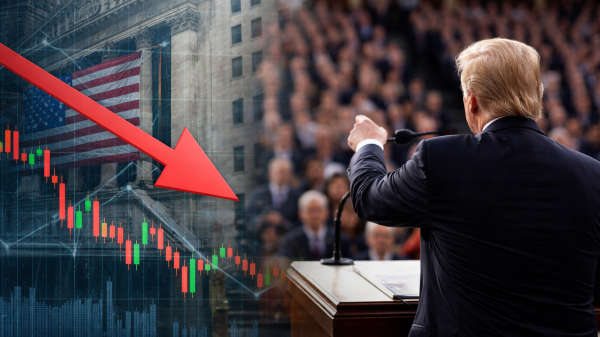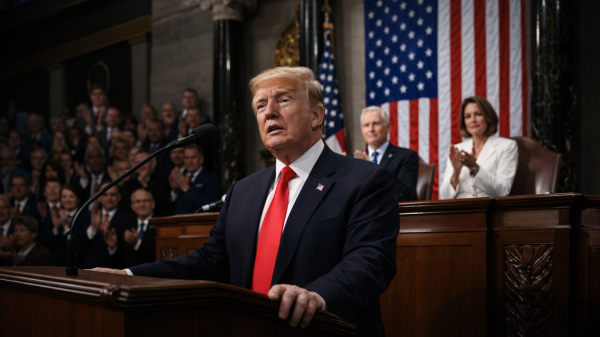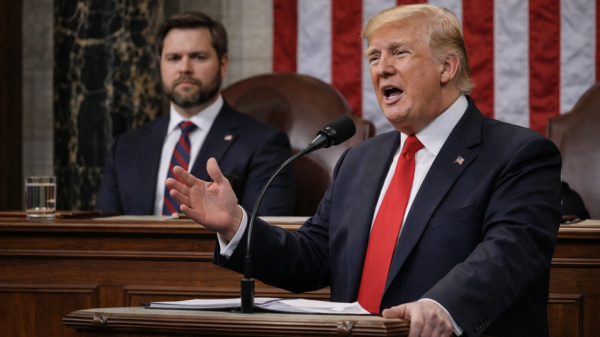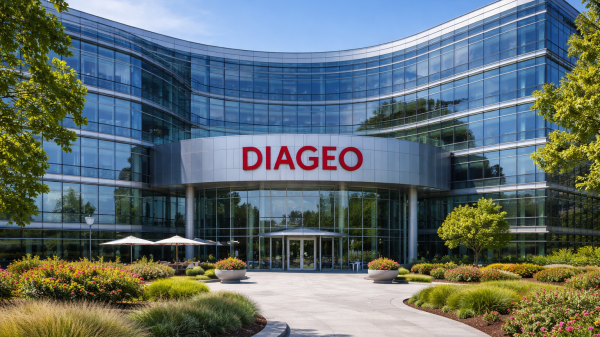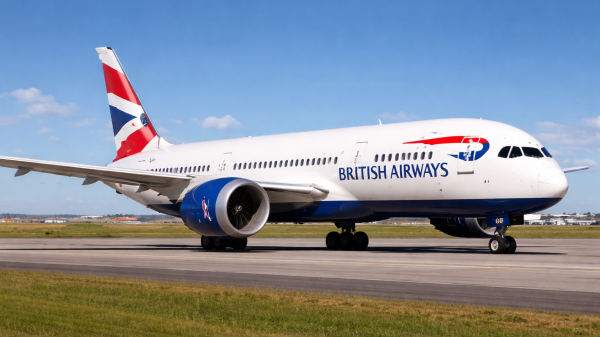The initial relief rally has faded, and a nervous hangover is settling over European markets on Friday.
As investors begin to comb through the fine print of the European Union’s massive trade deal with America, the devil in the details is creating a clear divide between winners and losers, pushing the broader market into the red.
In the opening hour, the pan-European Stoxx 600 was down 0.1%, with most sectors in negative territory.
London’s FTSE 100 led the major bourses lower with a 0.2% drop, while Germany’s DAX fell 0.17%, a clear sign that the initial optimism is being replaced by a more sober and complex reality.
A bitter pill for autos, a dose of relief for pharma
The source of this market anxiety is the in-depth details of the trade pact, which were finally unveiled midway through Thursday’s session.
The agreement, which will see the EU spend 750 billion on US energy and invest 600 billion in the United States, came with a blanket tariff rate of 15%—a welcome reprieve from the 30% threatened by President Donald Trump.
However, the sector-specific conditions are what’s driving the divergence.
The pharmaceutical industry breathed a collective sigh of relief as the update confirmed their exports would be capped at the 15% tariff, a far cry from the crippling 250% rate Trump had previously brandished.
In response, the Stoxx Europe Pharmaceuticals and Biotechnology index rallied to close 0.6% higher on Thursday.
The automotive sector, however, was dealt a bitter pill. Officials revealed that lower tariffs on their European exports were “conditional” and would not be implemented until Brussels first lowers its own industrial duties.
The news sent automotive stocks skidding into negative territory as the reality of a long and uncertain road ahead began to sink in.
A sputtering engine and a curious case
Adding to the gloom, a revised reading of Germany’s gross domestic product showed that Europe’s economic engine is sputtering.
The data revealed that the economy shrank by 0.3% in the second quarter, a sharper contraction than previously estimated, amplifying the risk-averse mood.
Yet, in a curious twist, the London market is telling a different story. Even as the FTSE 100 lags its peers, dragged down by heavyweights like AstraZeneca and Unilever, the UK’s banking sector is rallying.
Shares in Standard Chartered are leading the charge, boosted by a favorable legal outcome.
But more significantly, domestically focused banks like Lloyds and Barclays are also outperforming, suggesting a peculiar and localized appetite for risk that stands in stark contrast to the cautious sentiment gripping the continent.
The post Europe markets open: Stocks slip as markets digest fine print of US trade pact appeared first on Invezz






